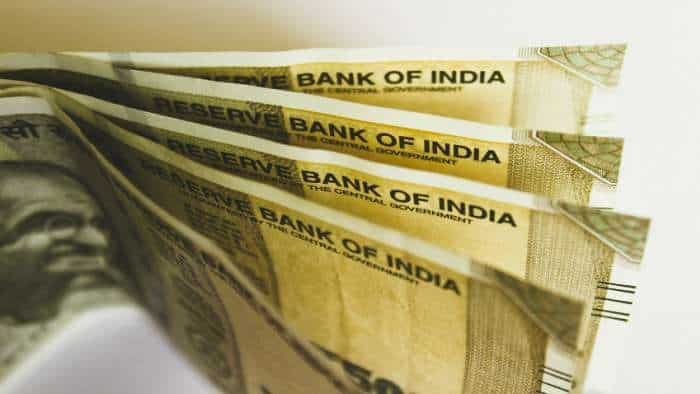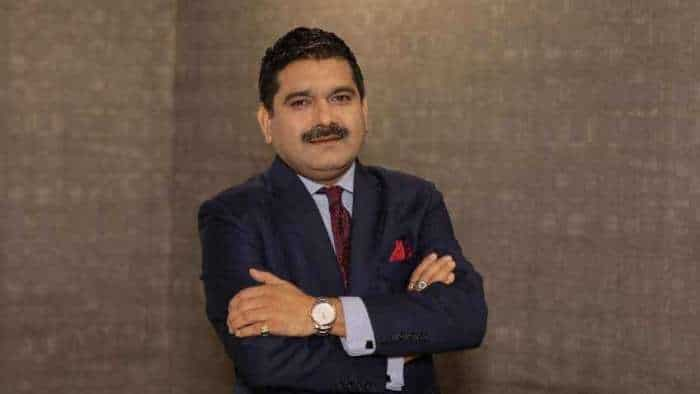RBI Monetary Policy: Governor Shaktikanta Das proposes to cut cheque clearance time to a few hours
RBI Monetary Policy: During the MPC today, RBI Governor Shaktikanta Das proposed a new initiative to reduce the cheque-clearing time from up to two days to a few hours.
)
The Reserve Bank of India (RBI)-led Monetary Policy Committee (MPC) on Thursday, August 8, announced a major change in the cheque-clearing process.
During the MPC today, RBI Governor Shaktikanta Das proposed a new initiative to reduce the cheque-clearing time from up to two days to a few hours.
"Cheque Truncation System (CTS) currently processes cheques with a clearing cycle of up to two working days. To improve the efficiency of cheque clearing and reduce settlement risk for participants, and enhance customer experience, it is proposed to transition CTS from the current approach of batch processing to a continuous clearing with 'on-realization-settlement'. Cheques will be scanned, presented, and passed in a few hours and continuously during business hours. The clearing cycle will reduce from the present T+1 days to a few hours," said Governor Das.
Account holders should anticipate cheque-based transactions to be processed faster under this new system. This improvement will allow money to be credited more rapidly, which is useful for emergency payments and improved financial planning. Individuals and companies will notice increased liquidity and a more efficient banking experience.
Cheque truncation entails the process of replacing the flow of the physical cheque issued by a drawer from the presenting bank to the paying bank branch. Instead of the physical cheque being sent, an electronic image of the cheque is transmitted to the paying branch through the clearing house, which conveys the relevant information such as the MICR band, date of presentation and the presenting bank.
Cheque truncation thus obviates the need to move the physical instruments across bank branches, other than in exceptional circumstances for clearing purposes. This effectively eliminates the associated cost of movement of the physical cheques, reduces the time required for their collection and expedites cheque processing.
CTS enables quick and cheap realisation of funds to customers as compared to traditional methods that entail physical movement. Under grid-based CTS clearing, all cheques drawn on bank branches falling within the jurisdiction of the grid are treated and cleared as local cheques. No outstation cheque collection charges are to be levied if the collecting bank and the paying bank are located within the jurisdiction of the same CTS grid even though they are located in different cities.
With agency inputs
Get Latest Business News, Stock Market Updates and Videos; Check your tax outgo through Income Tax Calculator and save money through our Personal Finance coverage. Check Business Breaking News Live on Zee Business Twitter and Facebook. Subscribe on YouTube.
RECOMMENDED STORIES

Highest Senior Citizen FD rates: See what major banks like SBI, PNB, Canara Bank, HDFC Bank, BoB and ICICI Bank are providing on special fixed deposits

SBI Green Rupee Deposit 2222 Days vs Canara Bank Green Deposit 2222 Days FD: What Rs 7 lakh and Rs 15 lakh investments will give to general and senior citizens; know here
12:11 PM IST









 Cash deposits via UPI? Here is what RBI Governor Shaktikanta Das announced today
Cash deposits via UPI? Here is what RBI Governor Shaktikanta Das announced today RBI to set up cloud facility for financial sector and fintech repository; here is what you need to know
RBI to set up cloud facility for financial sector and fintech repository; here is what you need to know RBI hikes limits for UPI payments & e-mandates, to set up cloud facility, FinTech repository
RBI hikes limits for UPI payments & e-mandates, to set up cloud facility, FinTech repository RBI monetary policy | MPC keeps repo rate unchanged at 6.5% for fifth consecutive time; top highlights
RBI monetary policy | MPC keeps repo rate unchanged at 6.5% for fifth consecutive time; top highlights Sensex drops following RBI's hawkish stance in Monetary Policy
Sensex drops following RBI's hawkish stance in Monetary Policy